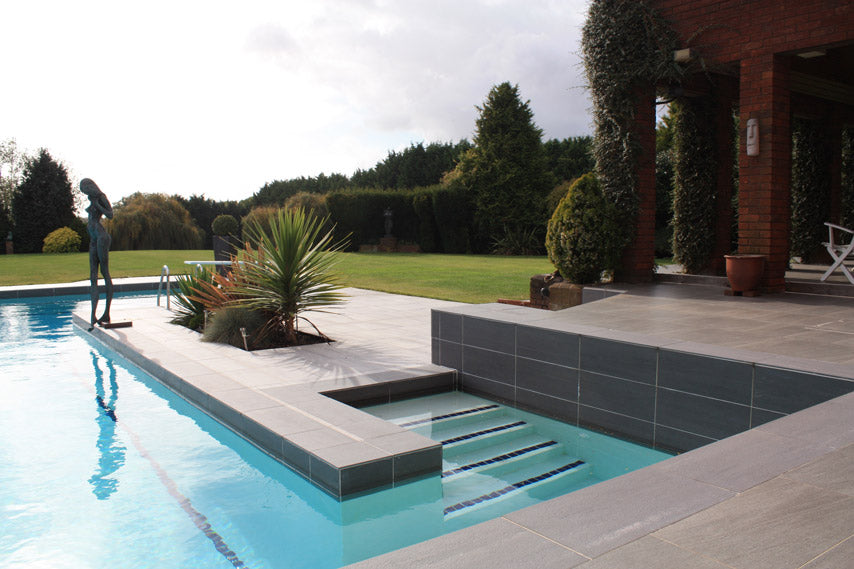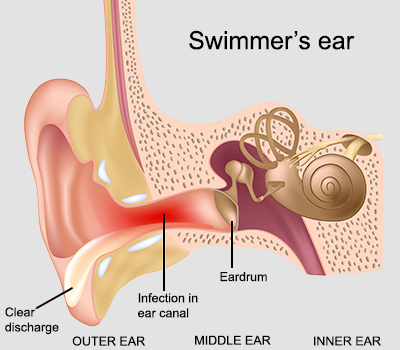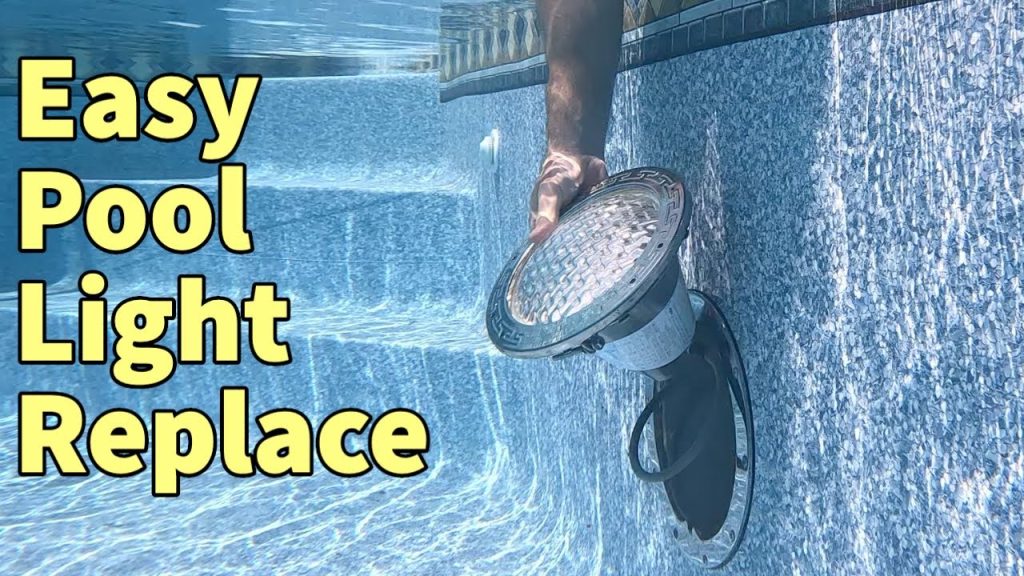Building a swimming pool can be a dream come true for many. But how much does it really cost?
The cost of building a swimming pool varies widely. Factors like size, materials, and location play crucial roles. Understanding these factors helps in budgeting and planning. This blog will break down the costs involved. We will look at different types of pools and their expenses.
Whether you want a small backyard pool or a luxurious one, this guide will help. By the end, you will have a clear idea of what to expect. So, let’s dive into the details and make your dream pool a reality!

Credit: www.compass-pools.co.uk
Initial Planning
The dream of having a swimming pool in your backyard is exciting. But it requires careful planning. The initial planning phase is crucial for success. It ensures you stay within budget and meet all requirements. Let’s dive into the important steps in initial planning.
Site Assessment
First, evaluate your site. This helps determine what kind of pool you can build. Consider the following factors:
- Soil type
- Yard slope
- Accessibility
Soil type affects the pool’s stability. Yard slope influences excavation costs. Accessibility impacts the construction process. Have a professional assess your site. This helps avoid unexpected issues.
Design Choices
Next, decide on the pool design. It should fit your lifestyle and budget. Consider these options:
- In-ground vs. above-ground
- Pool shape
- Materials
An in-ground pool is permanent and adds value. An above-ground pool is cheaper and easier to install. Pool shape can be rectangular, oval, or custom. Materials range from concrete to fiberglass.
Choose based on your preferences and budget. These decisions affect the overall cost. Discuss your ideas with a designer. They can offer valuable insights.
Material Costs
Building a swimming pool is a dream for many homeowners. Understanding material costs is crucial for budgeting. Let’s break down the costs for different pool types.
Concrete Pools
Concrete pools are known for their durability and customization options. The cost of materials for a concrete pool can vary significantly based on the design and size.
- Concrete: $5 to $10 per square foot
- Rebar: $0.75 to $1.25 per pound
- Plaster: $4 to $7 per square foot
Other materials include tiles, coping, and waterproofing products. These can add another $3,000 to $7,000 to the total cost.
Fiberglass Pools
Fiberglass pools offer quick installation and low maintenance. The main component is the fiberglass shell, which comes pre-formed.
- Fiberglass shell: $15,000 to $30,000
- Shipping: $2,000 to $5,000
- Backfill material: $1,000 to $2,000
Additional costs include the pool base and gel coating. These can range between $1,500 to $3,000.
Vinyl Pools
Vinyl pools are the most budget-friendly option. They consist of a frame, wall panels, and a vinyl liner.
- Vinyl liner: $1,000 to $3,000
- Wall panels: $5,000 to $10,000
- Support braces: $500 to $1,000
Other materials include coping strips and floor material. These additional costs range from $1,000 to $2,000.
Here’s a quick comparison of material costs for each type:
| Pool Type | Material Cost Range |
|---|---|
| Concrete | $10,000 to $30,000+ |
| Fiberglass | $20,000 to $40,000+ |
| Vinyl | $7,500 to $15,000+ |
Labor Expenses
Labor expenses play a significant role in the overall cost of building a swimming pool. Understanding these costs can help you budget more effectively. Here’s a closer look at the factors involved.
Hiring Contractors
Hiring contractors is often necessary for a pool project. Contractors bring expertise and ensure the work meets safety standards. Their fees vary based on experience and location.
Expect to pay more for skilled contractors. They usually provide quality work and peace of mind. It’s wise to get multiple quotes. This helps in comparing prices and services.
Diy Vs. Professional Installation
DIY installation can save money on labor. But it requires time, skills, and proper equipment. Mistakes can lead to higher repair costs later. Professional installation, on the other hand, ensures the job is done right.
Professionals handle permits, excavation, and installation. They also offer warranties on their work. Choosing between DIY and professional installation depends on your budget and confidence in handling the project.
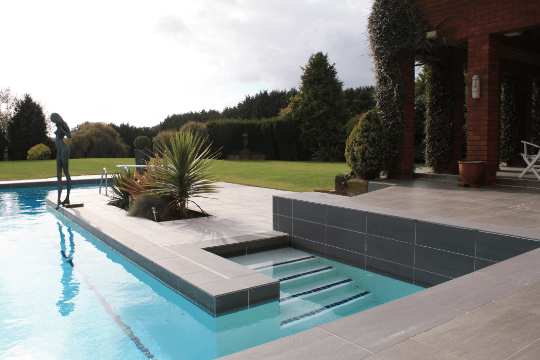
Credit: deependpools.co.uk
Permits And Regulations
When building a swimming pool, understanding permits and regulations is crucial. These legal requirements ensure your pool is safe and up to code. Not following them can lead to fines or even removal of your pool. Here, we break down key aspects of permits and regulations.
Local Building Codes
Local building codes vary by region. They set standards for pool construction. These codes cover safety features, electrical systems, and plumbing. Always check with your local authority before starting your project. Ignoring these codes can result in costly modifications later.
Permit Fees
Permit fees are necessary for approval to build your pool. These fees cover the cost of inspections and administrative work. The amount can vary widely. Some areas charge a flat fee, while others base it on the pool’s size and complexity. Make sure to budget for these fees in your project plan.
Additional Features
Adding a swimming pool to your home is a big investment. To make it truly special, consider adding additional features. These features can enhance your pool’s functionality and aesthetics. Let’s look at some popular options.
Heating Systems
A heating system can extend your swimming season. It allows you to enjoy the pool even in cooler weather. You can choose from various types of heating systems:
- Gas heaters – Fast and efficient but can be expensive.
- Electric heat pumps – Energy-efficient and environmentally friendly.
- Solar heaters – Use the sun’s energy, reducing your energy bills.
Each type has its own benefits and costs. Evaluate them to choose the best for your needs.
Lighting Options
Pool lighting enhances safety and creates a beautiful ambiance. It allows night-time swimming and adds a wow factor. Popular lighting options include:
- LED lights – Energy-efficient, long-lasting, and available in various colors.
- Fiber optic lights – Safe and easy to install, offering multiple color options.
- Halogen lights – Bright and reliable, though they consume more power.
Consider the mood and effect you want to create when choosing your lighting.
Water Features
Water features can turn your pool into a backyard oasis. They add movement and sound, making your pool area more relaxing. Here are some popular water features:
- Waterfalls – Create a natural and soothing effect.
- Fountains – Add elegance and can be customized to suit your style.
- Deck jets – Shoot streams of water from the deck into the pool.
These features can be tailored to fit your design preferences and budget.
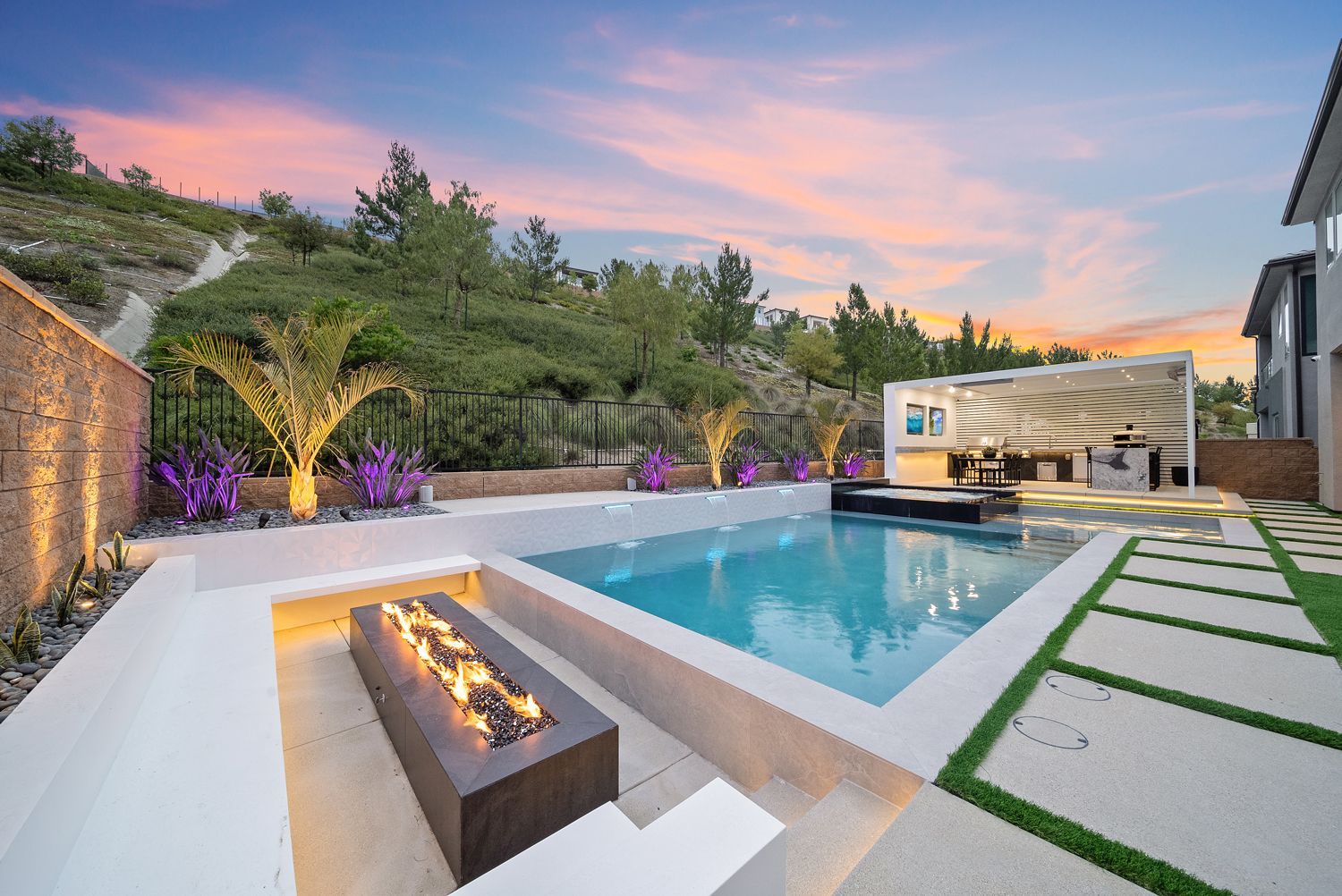
Credit: www.westmoddesign.com
Maintenance Costs
Building a swimming pool is a significant investment. But understanding the maintenance costs is crucial. Let’s explore the key areas that contribute to these costs.
Regular Cleaning
Regular cleaning is essential to keep your pool sparkling and safe. This includes skimming debris, vacuuming the pool floor, and brushing the walls.
- Skimming: Removes leaves and bugs from the surface.
- Vacuuming: Cleans dirt from the pool floor.
- Brushing: Prevents algae buildup on walls.
Hiring a professional for regular cleaning can cost between $50 and $100 per visit. Doing it yourself requires some basic tools and a bit of time each week.
Chemical Treatments
Chemical treatments are necessary to maintain water balance. Proper water chemistry prevents algae growth and keeps the water safe for swimming.
Common chemicals used include:
| Chemical | Purpose | Estimated Cost |
|---|---|---|
| Chlorine | Sanitizes water | $20-$50 per month |
| pH Balancer | Maintains pH level | $10-$30 per month |
| Algaecide | Prevents algae | $10-$20 per month |
Proper chemical balance reduces the need for more expensive treatments down the line.
Repair And Upkeep
Even with regular maintenance, pools need occasional repairs. Common repairs include fixing leaks, replacing tiles, and repairing pool equipment.
- Leaks: Can occur in the pool structure or plumbing.
- Tiles: May need replacing due to cracks or wear.
- Equipment: Includes pumps, filters, and heaters.
Repair costs vary greatly. Minor repairs may cost $100-$500, while major repairs can exceed $1,000. Regular upkeep helps prevent expensive repairs.
In summary, understanding maintenance costs helps you budget more effectively. Regular cleaning, chemical treatments, and occasional repairs are key components of pool upkeep.
Financing Options
Building a swimming pool can be a significant investment. Understanding financing options can help make this dream a reality. There are several ways to finance your pool project. These options cater to different financial situations and preferences. Below, we explore some common methods.
Loans
Taking out a loan is a popular choice for pool financing. Home equity loans and personal loans are common options. A home equity loan uses your home as collateral. This often results in lower interest rates. Personal loans do not require collateral. But they may have higher interest rates. Research different loan providers to find the best rates.
Payment Plans
Many pool builders offer payment plans. These plans allow you to spread the cost over time. They can be more flexible than loans. Payment plans can be tailored to your budget. This makes it easier to manage large expenses. Discuss payment options with your pool contractor. Find a plan that works for you.
Budgeting Tips
Creating a budget is essential. Start by estimating the total cost of the pool. Include additional expenses like maintenance and landscaping. Set aside a portion of your income each month. This helps save money for your pool project. Track your spending to stay on budget. Consider cutting back on non-essential expenses. This can help you save more quickly.
Frequently Asked Questions
What Is The Average Cost Of Building A Swimming Pool?
The average cost of building a swimming pool ranges from $30,000 to $60,000. This price varies based on materials and pool type.
How Long Does It Take To Build A Swimming Pool?
Building a swimming pool usually takes 6 to 12 weeks. The timeline can vary depending on the pool’s complexity and weather conditions.
What Factors Affect Swimming Pool Construction Costs?
Swimming pool construction costs are influenced by pool size, materials, location, and additional features like lighting and heating.
Are There Ongoing Costs After Building A Swimming Pool?
Yes, ongoing costs include maintenance, cleaning, water treatment, and potential repairs. These can average around $1,200 to $1,800 per year.
Conclusion
Building a swimming pool involves various costs. Materials, size, and design affect the price. Labor costs and permits add to the budget. Plan carefully and consider ongoing maintenance. Researching and comparing options helps you stay within budget. Enjoy your new pool and the fun it brings.

